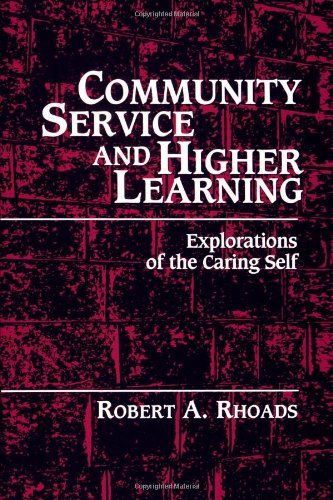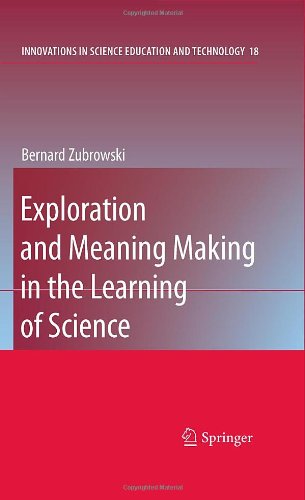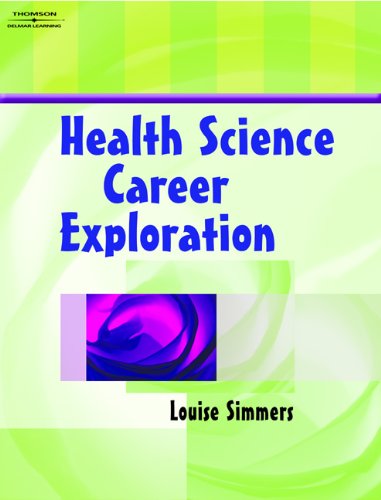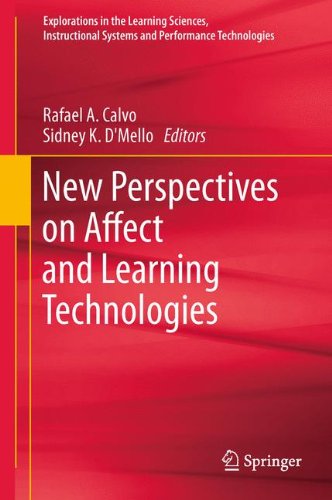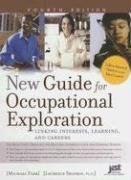Accessing the WAN, CCNA Exploration Labs and Study Guide Review


Accessing the WAN CCNA Exploration Labs and Study Guide
John Rullan
Accessing the WAN, CCNA Exploration Labs and Study Guide is designed to support your learning the technologies and network services required by converged applications as taught in Version 4 of the Cisco® Networking Academy® CCNA® Exploration curriculum. Each chapter contains a Study Guide section and a Labs and Activities section.
Study Guide
The dozens of exercises in this book help you learn the concepts and configurations crucial to your success as a CCNA exam candidate. Each chapter is slightly different and includes multiple-choice, fill-in-the-blank, and open-ended questions designed to help you
- Review vocabulary
- Strengthen troubleshooting skills
- Boost configuration skills
- Reinforce concepts
- Research topics
Labs and Activities
The Labs and Activities sections include all the online curriculum labs plus some additional activities to ensure that you have mastered the practical skills needed to succeed in this course.
Hands-On Labs–This icon identifies the hands-on labs created for each chapter. Work through all the Basic, Challenge, and Troubleshooting labs to gain a deep understanding of the CCNA knowledge and skills needed to ultimately succeed on the CCNA Certification Exam.
Packet Tracer Activities–This icon identifies exercises created by the author for you to challenge yourself on specific tasks using Packet Tracer, a powerful network simulation program developed by Cisco.
Packet Tracer Companion–This icon identifies the companion activities that correspond to each hands-on lab. You'll use the Packet Tracer to complete a simulation of the hands-on lab.
Packet Tracer Skills Integration Challenge–Each chapter concludes with a culminating activity called the Packet Tracer Skills Integration Challenge. These challenging activities require you to combine several skills learned from the chapter–as well as previous chapters and courses–to successfully complete one comprehensive exercise.
John Rullan has been a Cisco Instructor since 1998. He teaches CCNA, CCNP®, and network security courses to students and teachers throughout the New York City Department of Education system.
Use this book with:
Accessing the WAN,
CCNA Exploration Companion Guide
ISBN-10: 1-58713-205-2
ISBN-13: 978-158713-205-6
Companion CD-ROM
The CD-ROM provides all the Packet Tracer Activity, Packet Tracer Companion, and Packet Tracer Challenge files that are referenced throughout the book as indicated by the icons. These files work with Packet Tracer software v4.1, which is available through the Academy Connection website. Ask your instructor for access to the Packet Tracer software.
This book is part of the Cisco Networking Academy Series from Cisco Press®. Books in this series support and complement the Cisco Networking Academy curriculum.

